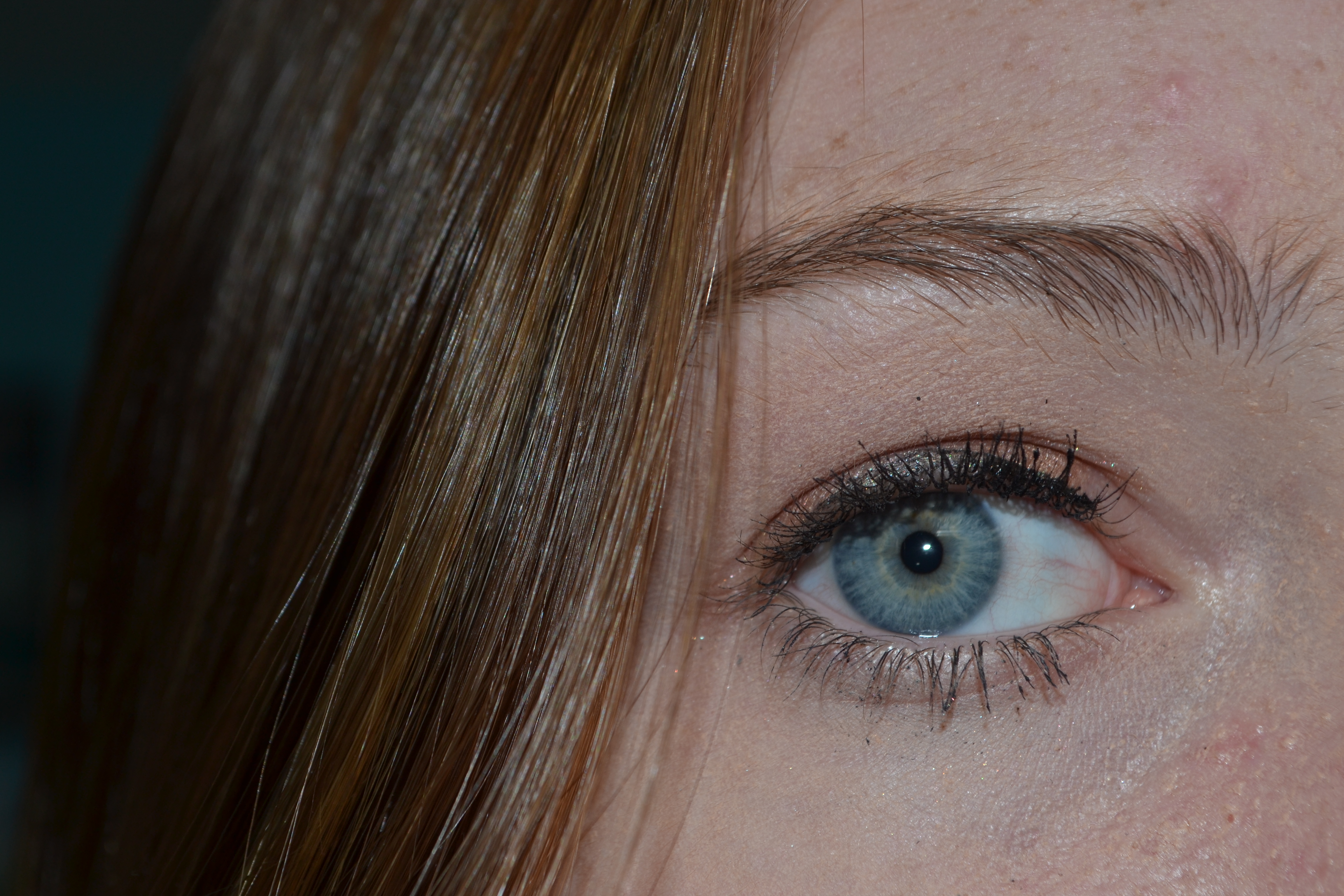Ready or not … your privacy is already gone. How much did you really have in the first place? Here’s looking at you, kid.
There’s a lot of discussion about privacy in the Information Age. Like rules for the Internet, it’s a wild horse not easily wrangled. As a society, we benefit from a certain layer of loose personal information, but how much are you willing to reveal?
Memory Lane
Edging back 40 years is the iconic Privacy Act of 1974 which created legal responsibilities for the collection, dissemination, and maintenance of information on an individual collected by the government. Simply, the government can’t give away the personal information it gathers on you as a citizen – a very simple quid pro quo contract. Today, we freely assume such protection as we readily provide personal data. However, this is a contract between the US government and its citizens.
Twenty years later, President Clinton adds the Health Insurance Portability and Accountability Act of 1996. Title I broaches issues regarding insurance coverage, but Title II tackled Health Privacy Information (HPI). These provisions define how HPI is handled in many forms, including electronically, and penalties are defined for improper handling of HPI to include the first and last link in that chain – the doctor-nurse conversations about Mr X in Room 100 with the Y problem within earshot of whatever audience filled the elevator, hallway, or public space.
This contract isn’t the government governing itself; it is enforcing privacy restrictions upon citizen-to-citizen transactions. To complicate the issues, there are caveats. Your HPI can be distributed without your consent under certain provisions, such as if your care would be degraded without it, as in emergency surgery or communication between generalists and specialists. Another exemption is suspected criminal activity that affects others, such as child abuse. Thus privacy is now between private persons and entities, and it has limitations in regard to the greater good of society.
Then there’s the USA Patriot Act, a definitive enactment of government duty to protect its citizens at a price of their privacy. Controversial at best, our Founding Fathers would have appreciated the debates on this legislation.
But what is privacy … now?
To put HIPPA in perspective, President Clinton was the first President to have email.
“I sent a grand total of two emails as president,” he said, according to Fast Company. “One to our troops in the Adriatic, and one to John Glenn when he was 77 years old in outer space. I figured it was OK if Congress subpoenaed those,” Clinton said.
That’s a revelatory data point in regard to how much personal data (Big Data) we amass now, and how President Clinton verbalizes the immediate significance for public and private realms.
What is Privacy to YOU?
Set aside all the personal information already covered by US statute, think about all the email you’ve sent today, this week, this year. (Gmail scans your email content to find keywords for advertising.) Add all the Internet trail you’ve laid. Then there’s the transactional data exhaust. And there’s even public information about you provided by the government.
Consider your address; there’s no restrictions for publishing that (remember the phone book?). Although you can hope to erase your trail if you proactively pursue those that track it, that is just a drop in an ocean of personal data.
Your phone alone tells the world about you – providing you traffic information, helping you select restaurants, finding gas stations or open banks, sending you targeted advertisements.
What is in a name
Think of a physical privacy setting. Perhaps the cubicle farm at work where anyone can hear any conversation. Perhaps the dense population of a large family or dormitory or crowded restaurant. What can you hear or see about your fellow citizens? What do you learn from that? And privacy is as personal as the individual as well. Whatever personal information your coworker may regale regularly may make you uncomfortable and certainly would never escape your self-control settings.
Privacy in its essence is detaching YOU from what YOU DO.
Adventures in Privacy
Julia Angwin at the 2015 Strata+Hadoop World conference explains her journey to obtain privacy in a digitally connected world. The concerted effort requires thourough research, IT savvy, deliberate actions contrary to the normal open settings, and a bank roll to support the isolation structure.
It’s not just romantically “stepping off the grid.” It takes a bit of coin and a lot of determination to gain – not pure anonymity – but perhaps 50% more privacy.
Privacy now is not so much about your identity; it is about your behavior.
Ms Angwin has so many fabulous points. Final takeaway for what you can’t buy.



